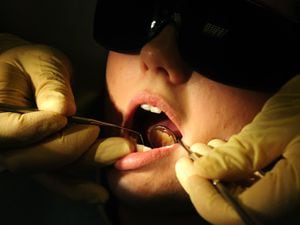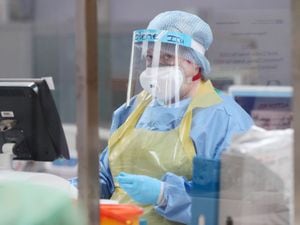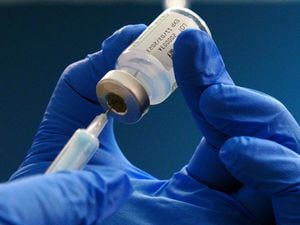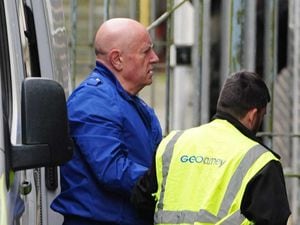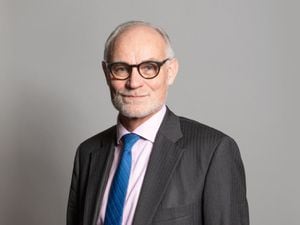Boris Johnson: Nato must keep up pressure on ‘reckless’ Russia
The Foreign Secretary is meeting counterparts from the alliance for talks in Brussels.
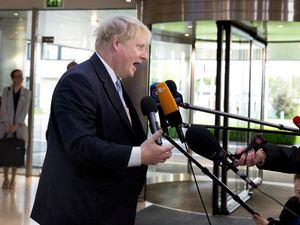
Nato must keep up pressure on Russia over its “reckless and destabilising” behaviour, Boris Johnson will urge counterparts.
At a meeting in Brussels, the Foreign Secretary will say the alliance has shown it can react quickly following the spy poisoning in Salisbury and the chemical gas attack in Syria, but now must “maintain momentum”.
All Nato allies backed the UK, France and the US when they launched airstrikes in Syria after Bashar Assad’s regime poisoned civilians in Douma, and Russia again used its veto at the United Nations to block diplomatic and political responses.
The alliance also joined a wave of diplomatic expulsions in the wake of the nerve agent attack on former spy Sergei Skripal and his daughter Yulia, announcing it had withdrawn accreditation from seven members of the Russian mission attached to it and would reject requests from three others.
Mr Johnson said: “This is the first Nato foreign ministerial since the attempted murder in Salisbury, and the chemical weapons attack in Syria. It is a key moment to discuss Russia with foreign ministers of all 29 allies.
“At the July summit Nato will take decisions on how to enhance its deterrence and defence.
“Nato’s ability to react quickly has already been demonstrated by the alliance’s swift response to both the attack in Salisbury and in Syria, and by its show of solidarity with the UK’s actions.
“We have seen similar support from the EU and the G7. We must now maintain momentum and hold Russia to account for its reckless and destabilising behaviour.”
Nato Secretary General Jens Stoltenberg said the alliance had responded with “resolve and unity” to Moscow’s “pattern of dangerous behaviour”, which also includes the annexation of Crimea, cyber- attacks, disinformation and elections meddling.
The alliance has undertaken the biggest reinforcement of collective defence since the end of the Cold War but continues to see attempts to “intimidate and interfere” its members, he said.
But the Nato chief insisted the organisation is open to talks with Russia.
“When tensions are high, it is even more important to talk with Russia,” he said. “So Nato remains open to meaningful dialogue.”
The meeting will address Ukraine’s hopes for membership, aspirations that have been met with fury in Moscow.
Discussions will also be held on other key international issues, including the Iran nuclear deal, a training mission for Iraq, closer cooperation with the European Union and the prospects for peace in Afghanistan.

